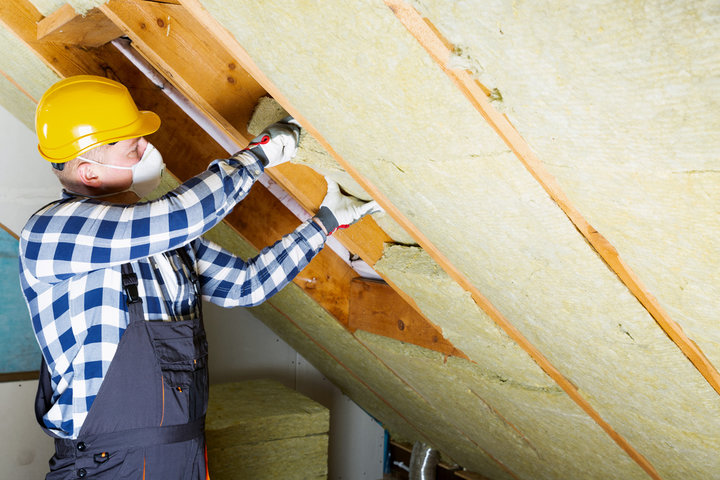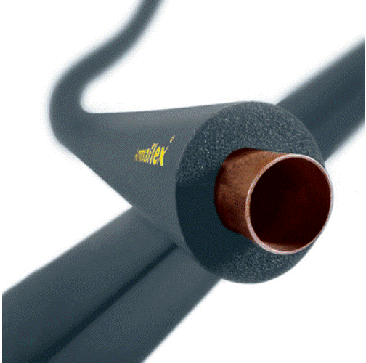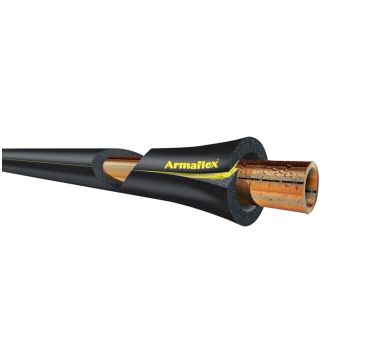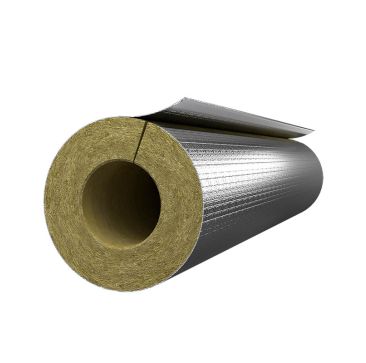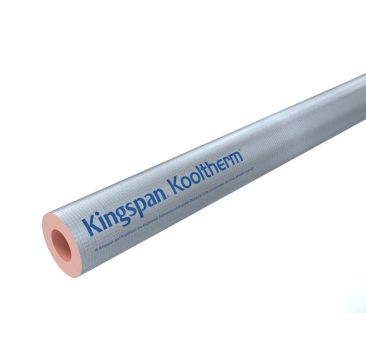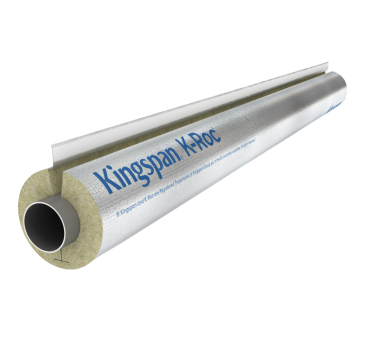Home owners and commercial premises owners are being encouraged to renew their insulation for a number of environmentally friendly reasons. While some may be more for economic reasons granted, there is no denying the impact on the environment that a number of insulation options can have. The importance of having good insulation especially in this era of environmental awareness is becoming a must for most businesses and private homeowners.
Degrees of Environmental Impact
To really see the environmental impact insulation can have a number of things have to be taken into account
Reducing Carbon Emissions
- Carbon Energy Reduction – efficiency is always the first consideration, this is mainly due to the world needing to limit it’s dependence on fossil fuels such as coal as an example. By burning fossil fuels such as coal, oils and gas this increases carbon emissions and in turn has a huge impact on global warning!
- Production Environment Impact – When it comes to industrial production some materials produced can be exceptionally energy intensive leading to a knock-on effect on the environment. There are certain types of insulation that do require the use of non-sustainable products.
- Using Recyclable Materials –There are some insulation materials that do include a significantly high percentage of recycled content. This in turn can help to reduce the demand upon the world’s natural resources.
- Impact On Landfill – When it comes to insulation that is easy to recycle when it comes to the end of it’s use can help reduce the demand on landfill which are being filled at an alarming rate.
Energy Efficiency of Insulation Types
To capitalise on energy efficiency and help to reduce carbon emissions, home and building owners should always consider the insulating quality of certain insulation products. Insulation products such as fiberglass, cotton batts, cellulose and open-cell polyurethane foam all have an R-value (a products resistance to heat flow which means that the higher the product's R-value, the better it is at insulating the home and improving energy efficiency) of 3.5 per inch, while products such as closed-cell polyurethane foam will have a much higher R-value of 6 per inch. Spray foam also offers a superior air sealing quality which improves energy efficiency by sealing up any gaps or cracks or crevices where heat can be lost.
Evaluating The Overall Environmental Impact
By upgrading insulation this will almost typically reduce energy consumption and ultimately cost. It also reduces the demand on utilities that my use fossil fuels such as coal to produce energy. Insulation can also be seen to have an impact upon the environment by using recycled materials which can be found in both cellulose and mineral wools which helps sustainability.
With all the positives of insulation unfortunately there will always be some negatives too and these are
- To produce fibreglass requires fossil fuels
- To produce cotton does require both water and pesticide-intensive agriculture
- To produce spray foam it has to be harnessed from petroleum products
- Cellulose ‘s insulation can decrease over a period of time
- To produce mineral wool can use fossil fuels again
Saving Energy
In recent times, sustainability has become an increasingly important topic for both the homeowner and for those who work in the engineering and construction sectors. This is mainly down to the fact that both energy consumption and carbon emissions have become a real worldwide issue that does now require the immediate attention from those who work in industries where they work with building performance projects and construction.
Recently according to a report by the BBC, there are over 25 million homes here in the UK alone, and a high percentage of them are owner-occupied. And some of these homes are still not of the highest standards. With over a quarter of them built to previous building standards or even to no standards at all. So looking into insulation types such as multifoil insulation can help rectify any insulation issues these properties may have.
The major problem with the modern home is that the demand for energy is typically very-high indeed!
Most forms of insulation will keep your home nice and warm during the colder months and nice and cool during the warmer months and inevitably help reduce energy consumption over time. Just imagine if every home here in the UK had good quality insulation and the amount of energy that could be saved!
When it comes to the non-renewable fuel supplies home insulation will help conserve them and if more people insulate their homes properly this will go a long way to help conserve those resources even more.
Reducing Greenhouse Emissions
The C02 Factor
The UK unfortunately is not blessed with the warmest of climates and even though we can hit nice temperatures during the summer months they tend not to last. So due to this there is always a high demand for energy such as electricity, natural gases, propane, coal, and fuel oil to keep homes warm during the evenings. An issue with most of these energy supplies is that they are produce energy through burning, a process which releases an extremely high amount of CO2 into the atmosphere.
If as an example over 4 million homes had quality insulation this would be equal to 667 million acres of trees being planted and a large amount of carbon dioxide reduced! Which is truly amazing and only positive for the environment.
With the majority of Europe’s energy being mainly used for the heating of homes and buildings, one of the most important challenges that the world is facing now is the fact that carbon dioxide levels seriously need to be reduced. Way back in 2013 research proved that climate change is heavily influenced by carbon dioxide emissions.
Having good insulation is going to go a long way to help reduce pollution emissions, which in turn will help make the environment a lot healthier and the air a lot more cleaner. Insulation can play it’s part in the worldwide battle against global warming, and it is a very efficient energy saving solution that will improve its performance in the long term too.
Insulation Is For Every Home And Building
When it comes to installing insulation, you don’t have to fear that it will be big and bulky, far from it. We have a wide and varied selection of insulation to suit every building and every home.








